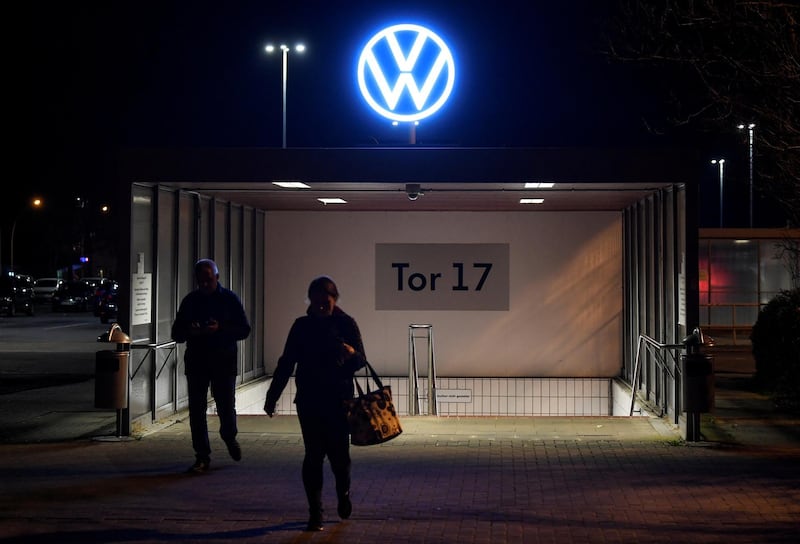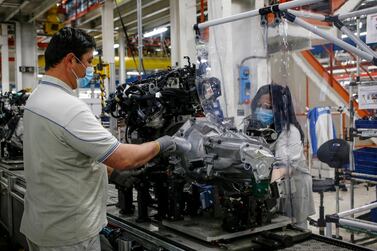Ghana banned the importation of cars older than 10 years to encourage international companies including Volkswagen and Nissan Motor to set up local plants in the West African country.
The new law also provides import-duty rebates for companies that manufacture or assemble cars in Ghana, according to the act of parliament obtained Thursday by Bloomberg. The embargo will take effect six months after the manufacturing or assembling of new vehicles in Ghana begin under a special government program meant to draw investment.
Volkswagen, Nissan, Toyota Motor, Suzuki Motor and Renault are among automakers weighing the local assembly of vehicles in a country where used cars make up about 70 per cent of vehicle imports. Ghana is seeking to become a car-manufacturing hub for West Africa, a region with more than 380 million people.
The import restrictions could cost the government as much as $143 million (Dh525m) in customs revenue in the first three years after implementation, according to parliamentary documents. Used-car sellers offer more affordable deals in a country where auto loans are rare.
The law, signed by President Nana Akufo-Addo on April 30, also bans the importation of cars which have been involved in accidents, which dealers bring in and repair to provide even cheaper options to consumers. The ban on these will take effect from October, regardless of their date of manufacture.






